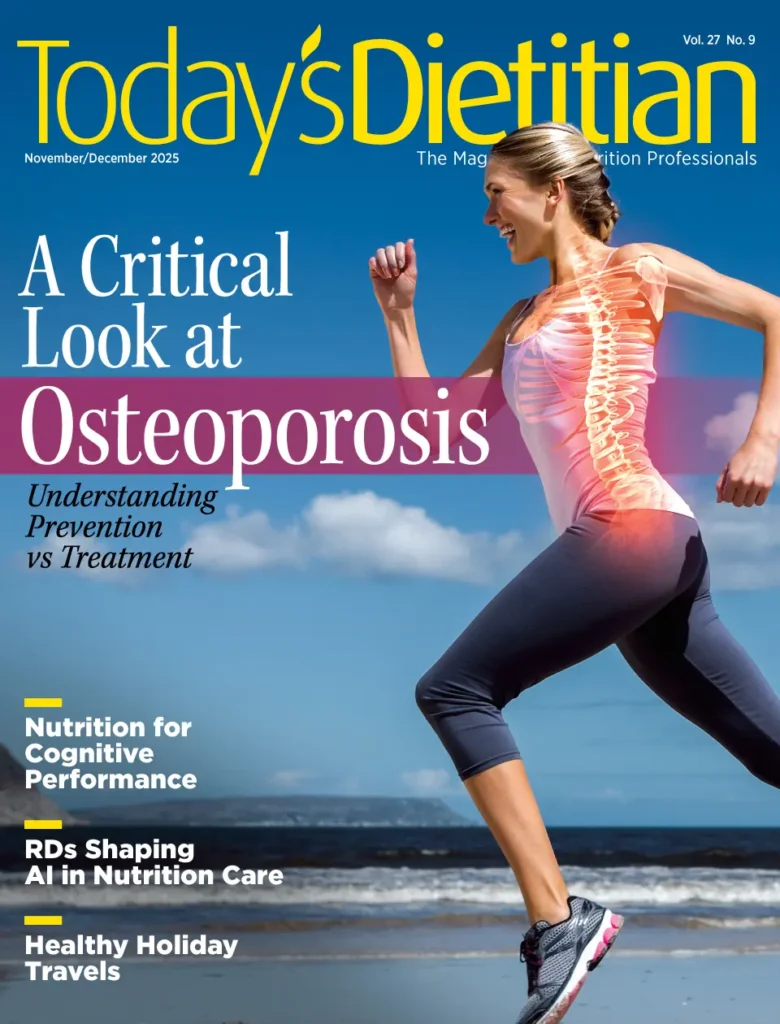With the growing food as medicine movement, it’s important for dietitians to know the limits of nutrition and lifestyle interventions so they can support their patients and clients who may be dealing with bone loss or at risk for it.
Author: Carrie Dennett, MPH, RDN
Introducing mindfulness into dietetics practice has long been a valuable adjunct to both MNT and more counseling-focused nutrition interventions, in part because it helps people increase their awareness of what’s happening in the present moment and lessen rumination on unhelpful or distressing thoughts.
Telehealth and virtual nutrition practices were on the rise even before the pandemic made working from home the new normal for many dietitians.
There is no excerpt because this is a protected post.
If you’re headed to FNCE®, get ready to enjoy award-winning modern southern cuisine, farm-to-table fare, and global eateries galore.
With the pendulum swinging between low-fat and low-carb trends, protein had once long been the neutral macronutrient. But today, it’s developed a health halo.
Despite increased awareness of autoimmune conditions, myasthenia gravis (MG)—a rare, chronic, autoimmune neuromuscular disease affecting the signals between the nerves and the muscles at the neuromuscular junction—is not a condition that’s on many people’s radars.
The argument that ultraprocessed foods (UPFs) are harmful to health has been building for the past 15 years, heightened recently by some key events. Late last year, the Dietary Guidelines Advisory Committee came under fire for indicating that there wasn’t sufficient evidence to recommend reducing or avoiding UPFs.
Despite being a conditionally essential nutrient, carnitine is a topic of uncertainty, even controversy, because it’s like a coin with two sides, and those sides can appear to be in direct conflict with each other.
Traditional weight loss recommendations encourage people to eat less and move more to create a calorie deficit, leading some people to believe that the more they restrict their food intake, the more weight they’ll lose.



